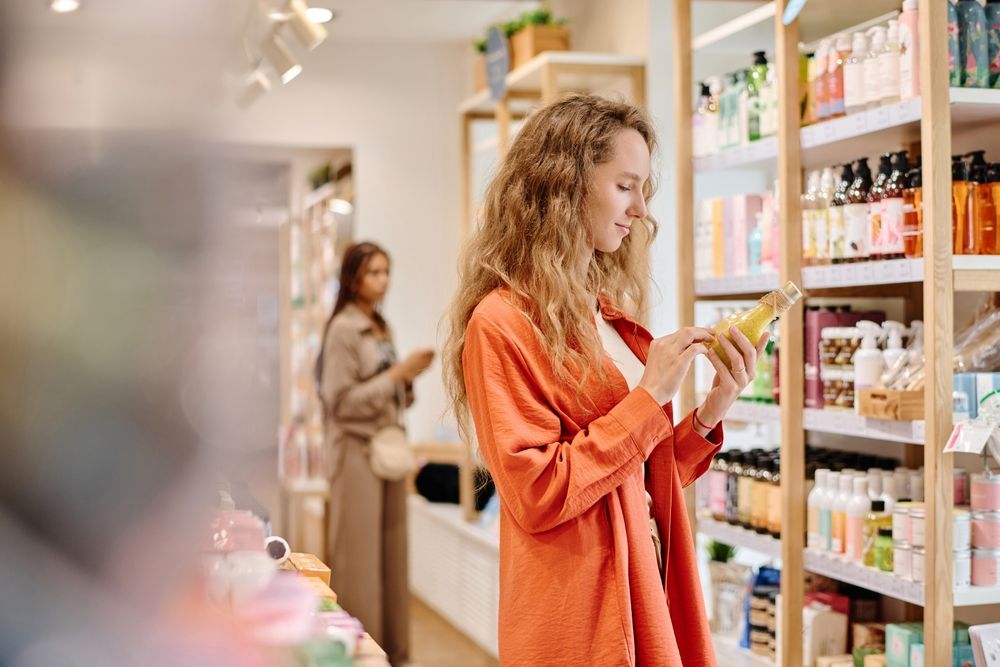Social media has revolutionized the way we connect, communicate, and share information. From Facebook to Instagram, Twitter to TikTok, these platforms have become integral parts of our daily lives. While social media offers numerous benefits, including instant communication and access to a global community, it also comes with its challenges. Excessive use of social media can lead to negative effects on mental health, such as increased anxiety, depression, and feelings of loneliness. In this article, we will explore the importance of balancing social media usage and strategies for cultivating healthy online relationships.
Understanding the Impact of Social Media
Social media platforms have transformed the way we interact with one another, allowing us to stay connected with friends, family, and even strangers from around the world. These platforms offer a space for sharing thoughts, experiences, and ideas, fostering a sense of community and belonging. However, the curated nature of social media feeds can also lead to feelings of inadequacy and self-doubt, as users compare themselves to others' highlight reels.
The Benefits of Social Media
- Connection: Social media allows us to connect with friends, family, and acquaintances regardless of geographical distance. It facilitates instant communication, making it easy to stay in touch with loved ones and maintain relationships over time.
- Information Sharing: Social media serves as a platform for sharing news, information, and resources on a wide range of topics. Users can access updates on current events, learn about new trends, and discover valuable content shared by others in their network.
- Community Building: Social media provides a space for like-minded individuals to come together and form communities based on shared interests, hobbies, or identities. These communities offer support, camaraderie, and opportunities for collaboration and networking.
The Pitfalls of Social Media
- Comparison: The carefully curated nature of social media feeds can lead to feelings of inadequacy and self-comparison. Users often present their lives in the best possible light, leading others to perceive their own lives as less fulfilling or successful in comparison.
- Distraction: Social media can be highly addictive, leading to excessive use and distraction from real-life responsibilities and activities. The constant stream of notifications and updates can make it difficult to focus on tasks or engage fully in offline interactions.
- Negative Self-Image: Excessive use of social media has been linked to negative self-image and low self-esteem, particularly among young people who are more susceptible to the influence of social media influencers and unrealistic beauty standards.

Strategies for Balancing Social Media Usage
Setting Boundaries
- Limit Screen Time: Set limits on the amount of time you spend on social media each day. Use features like screen time trackers or app limits to enforce these boundaries and prevent mindless scrolling.
- Designate Tech-Free Time: Create designated periods of the day or week where you refrain from using social media altogether. Use this time to engage in activities that promote relaxation, creativity, or personal growth.
- Establish Boundaries with Notifications: Disable non-essential notifications on your devices to reduce distractions and prevent constant interruptions from social media updates. Only allow notifications for essential communications or urgent matters.
Cultivating Healthy Habits
- Practice Mindful Consumption: Be intentional about how you use social media and what content you consume. Avoid mindless scrolling and instead engage with content that adds value to your life, inspires you, or sparks joy.
- Curate Your Feed: Take control of your social media experience by curating your feed to include content that aligns with your interests, values, and well-being. Unfollow accounts that make you feel negatively or trigger comparison, and seek out accounts that inspire and uplift you.
- Be Authentic: Strive to be authentic and genuine in your interactions on social media, sharing both the highlights and challenges of your life. Authenticity builds trust and strengthens connections with others, fostering a sense of community and support.
Prioritizing Mental Health
- Monitor Your Mental Health: Pay attention to how social media affects your mental health and well-being. If you notice feelings of anxiety, depression, or low self-esteem, consider taking a break from social media or seeking support from a mental health professional.
- Practice Self-Care: Prioritize self-care practices that promote mental and emotional well-being, such as mindfulness, meditation, exercise, and spending time outdoors. These activities can help reduce stress and improve your overall mood and outlook.
- Seek Support: Reach out to friends, family, or mental health professionals for support if you're struggling with the negative effects of social media. Don't hesitate to ask for help if you need it, and remember that you're not alone in dealing with these challenges.
Nurturing Healthy Online Relationships
Social media can be a powerful tool for building and maintaining relationships, but it's essential to approach online interactions mindfully and intentionally. Here are some strategies for cultivating healthy online relationships:
- Practice Empathy and Respect: Treat others on social media with empathy, kindness, and respect, even if you disagree with their opinions or perspectives. Engage in constructive dialogue and avoid resorting to personal attacks or hostility.
- Set Boundaries: Establish boundaries with your online interactions to protect your mental health and well-being. Don't feel obligated to respond to every message or comment, and take breaks from social media when needed to recharge and rejuvenate.
- Prioritize Real-Life Connections: While online relationships can be valuable, it's essential to prioritize face-to-face interactions and cultivate real-life connections with friends, family, and loved ones. Make time for offline activities and experiences that bring you joy and fulfillment.
Balancing social media usage is essential for cultivating healthy online relationships and maintaining overall well-being. By understanding the impact of social media, setting boundaries and priorities, cultivating healthy habits, prioritizing mental health, and nurturing meaningful connections, we can navigate the digital landscape with mindfulness and intention. Remember that social media should enhance our lives, not detract from them, and prioritize activities and relationships that bring joy, fulfillment, and genuine connection both online and offline. By finding balance in our social media usage, we can foster healthier relationships with ourselves and others in the digital age.




